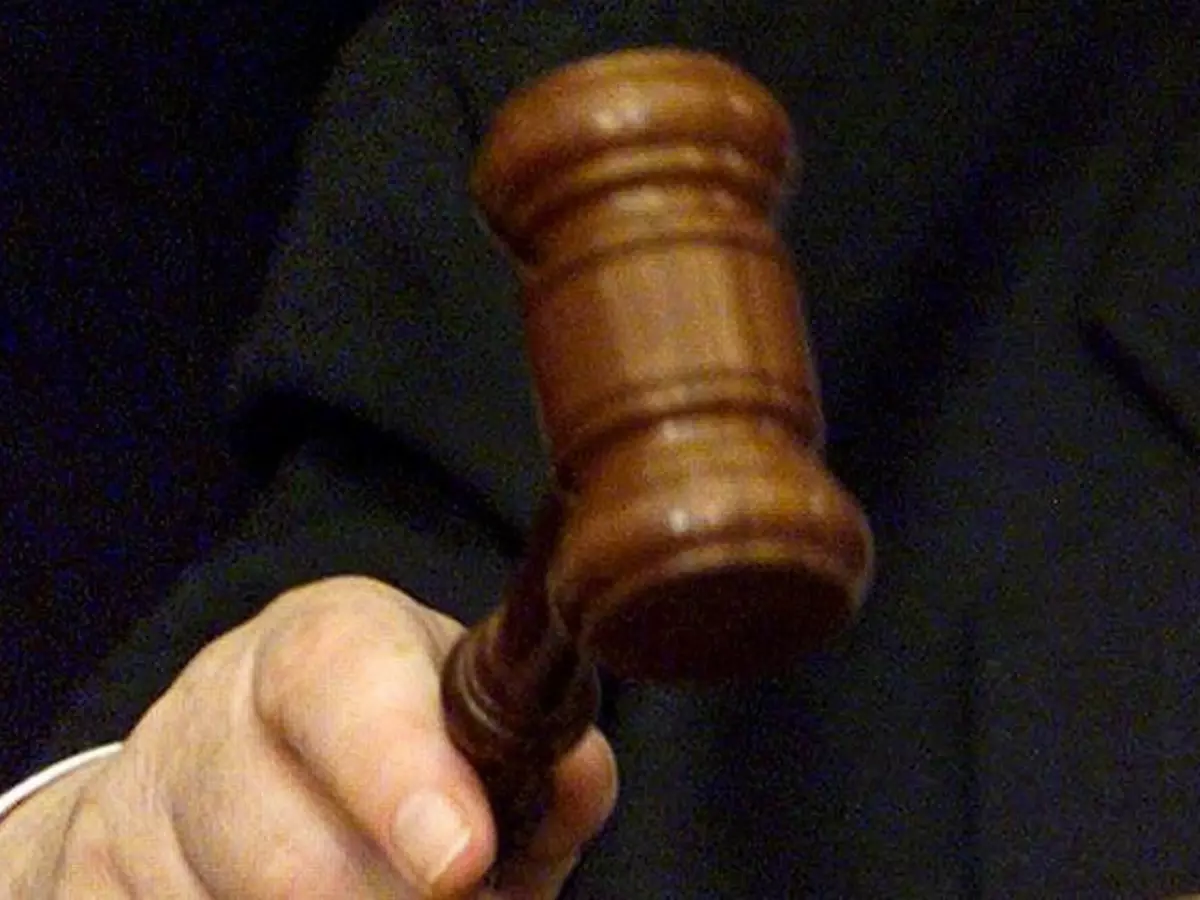Rape Survivor Can Now Be Prosecuted For Turning Hostile To Save Accused
It awarded ten year imprisonment to an accused in a rape case even after the victim had turned hostile and took the stand that she was not raped.

Holding that the judiciary cannot remain a mute spectator when a victim in a criminal offence compromises with the accused to protect the perpetrator of a crime, the Supreme Court has said that a rape survivor can be prosecuted for turning hostile to protect the accused when there is convincing evidence to prove the guilt.
A bench of Justices Ranjan Gogoi, Navin Sinha and KM Joseph said that a person could be convicted even after the rape victim gave a clean chit to the accused on the basis of other evidences including the medical report.
It awarded ten year imprisonment to an accused in a rape case even after the victim had turned hostile and took the stand that she was not raped.

representational image
¡°A criminal trial is but a quest for truth. The nature of inquiry and evidence required will depend on the facts of each case. The presumption of innocence will have to be balanced with the rights of the victim, and above all the societal interest for preservation of the rule of law.
Neither the accused nor the victim can be permitted to subvert a criminal trial by stating falsehood and resort to contrivances, so as to make it the theatre of the absurd. Dispensation of justice in a criminal trial is a serious matter and cannot be allowed to become a mockery by simply allowing prime prosecution witnesses to turn hostile as a ground for acquittal,¡± the bench said.
In this case, the victim was raped in 2004 when she was nine years old and her mother lodged an FIR. The medical examination of the prosecutrix was also done on the same day and the accused was apprehended by the police and Test Identification Parade was conducted in which she recognised the accused.

afp/representational image
Six months later, while deposing during trial court the girl and her sister, who was eye witness to the incident, turned hostile and denied sexual assault and took the stand that the injury was due to fall. The trial court thereafter acquitted the accused.
But the Gujarat High Court set aside the trial court order and convicted the accused on the basis of girl¡¯s medical report and other evidences. The accused thereafter approached the top court which dismissed his plea.
After examining all the evidences, the apex court said ¡°The family of the prosecutrix was poor. She was one of the five siblings. The assault upon her took place while she had taken the buffalo for grazing.
Her deposition was recorded nearly six months after the occurrence. We find no infirmity in the reasoning of the High Court that it was sufficient time and opportunity for the accused to win over the prosecutrix by a settlement through coercion, intimidation, persuasion and undue influence.
The mere fact that she may have turned hostile, is not relevant and does not efface the evidence with regard to the sexual assault upon her and the identification of the appellant as the perpetrator¡±.

ap/representational image
¡°If a witness becomes hostile to subvert the judicial process, the court shall not stand as a mute spectator and every effort should be made to bring home the truth. Criminal justice system cannot be overturned by those gullible witnesses who act under pressure, inducement or intimidation,¡±the bench said.
The court said that it was a fit case to initiate criminal proceeding against the girl for giving false statement but let her off on the ground that incident happened 14 years back and she might have settled in her life after marrying.
¡°The present was an appropriate case to direct the prosecution of the prosecutrix under Section 344 CrPC for tendering false evidence.
But considering that the prosecutrix was barely 9 years old on the date of occurrence, that the occurrence had taken place 14 long years ago, she may have since been married and settled to a new life, all of which may possibly be jeopardised, we refrain from directing her prosecution, which we were otherwise inclined to order,¡± the court said.
